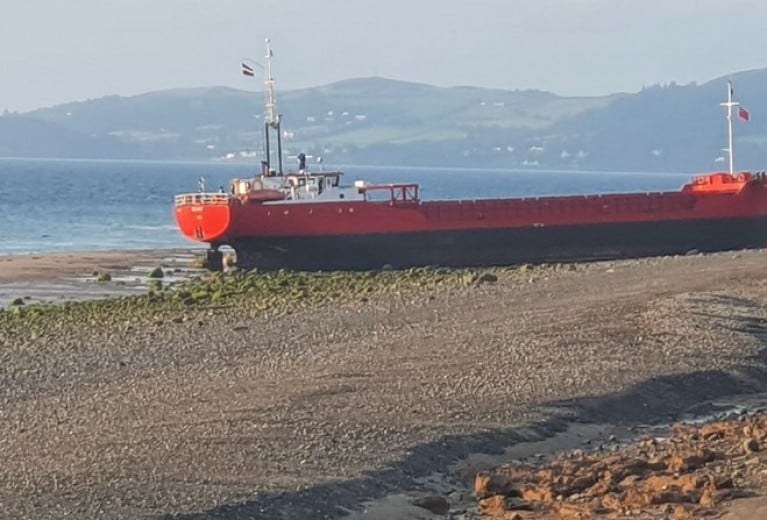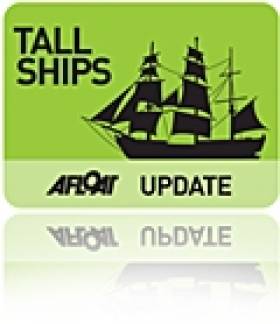Displaying items by tag: refloated
Cargo Ship that Ran Aground on Manx Coast Is Successfully Refloated
On the Manx coast a cargo ship which had ran aground along the island's northern coast has been successfully refloated.
The Ceg Orbit, according to Manx Radio, was on a passage in the Irish Sea from Liverpool to Belfast with 1,200 tons of wheat, when it went ran aground at Cranstal during the early hours of Thursday morning.
In what was the second attempt to free the vessel, the Laxey Towing Company tug Wendy Ann assisted by the Liverpool tug CT Vector successfully freed the coaster during high-tide overnight.
The coaster was towed into Douglas Harbour's South Quay this morning where diving teams will survey for any damage caused by the grounding.
Tall Ship Refloated Off Scotland
As previously reported on Afloat.ie, the 100-foot-long Irene of Bridgwater, with 10 people on board, became stuck in Lamlash Bay on its way to port at Greenock - one of five ports on the route of the 2011 Tall Ships Races.
A spokesperson for Clyde Coastguard told STV that the ship was refloated at 3.45am this morning.
"There were no injuries and no damage," she added.

























































